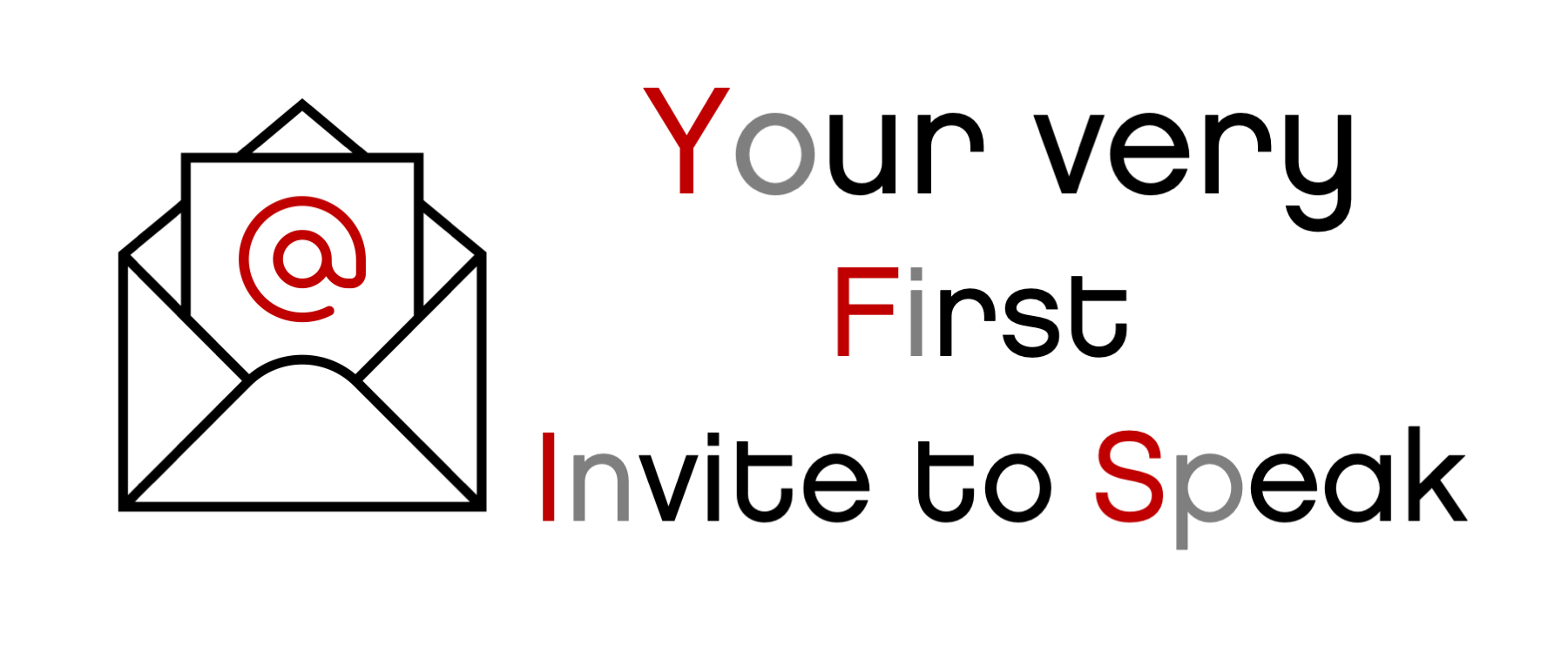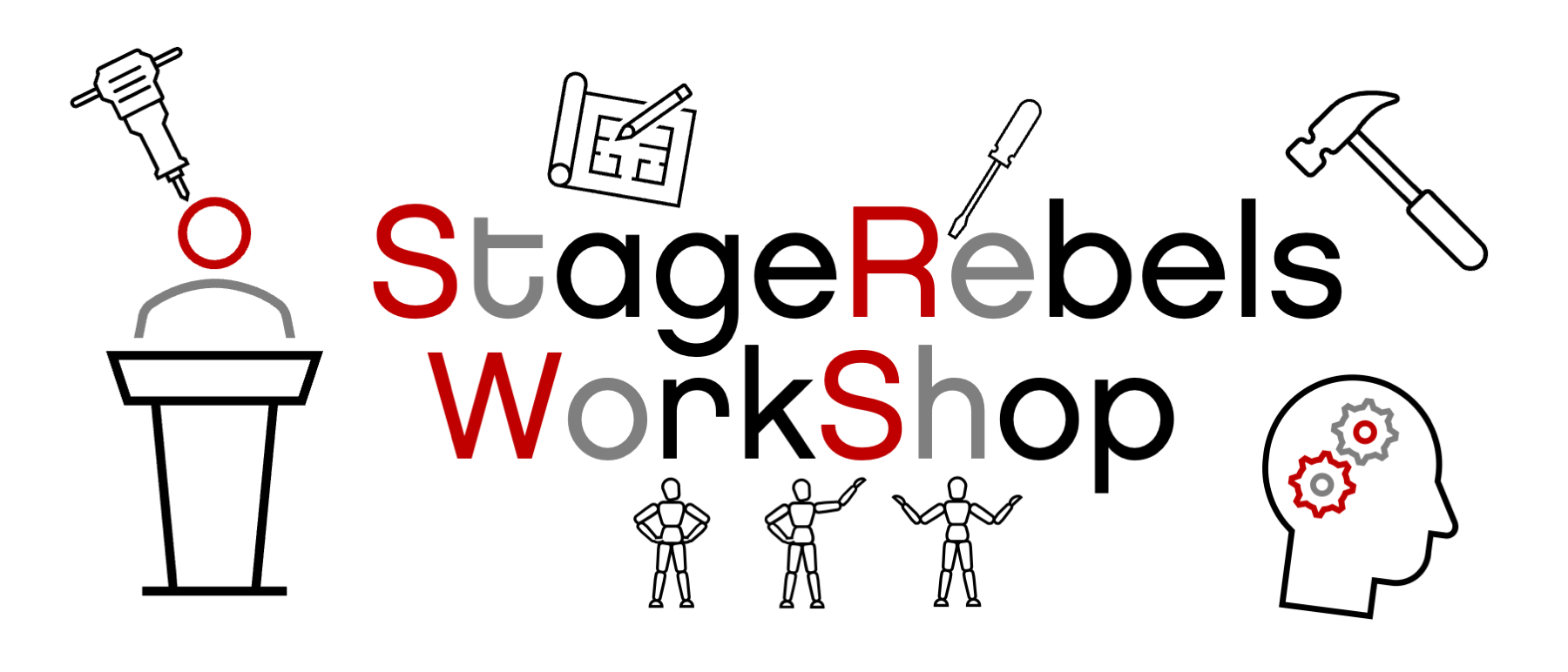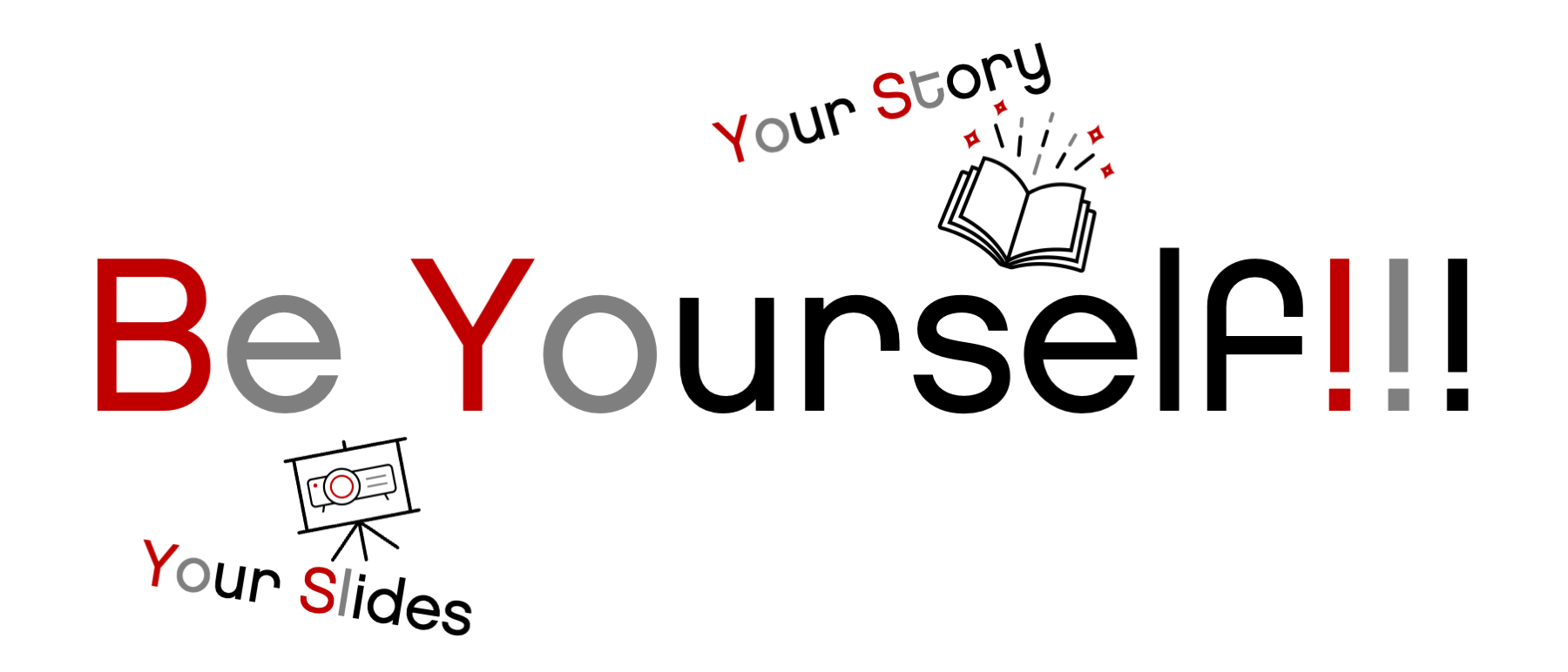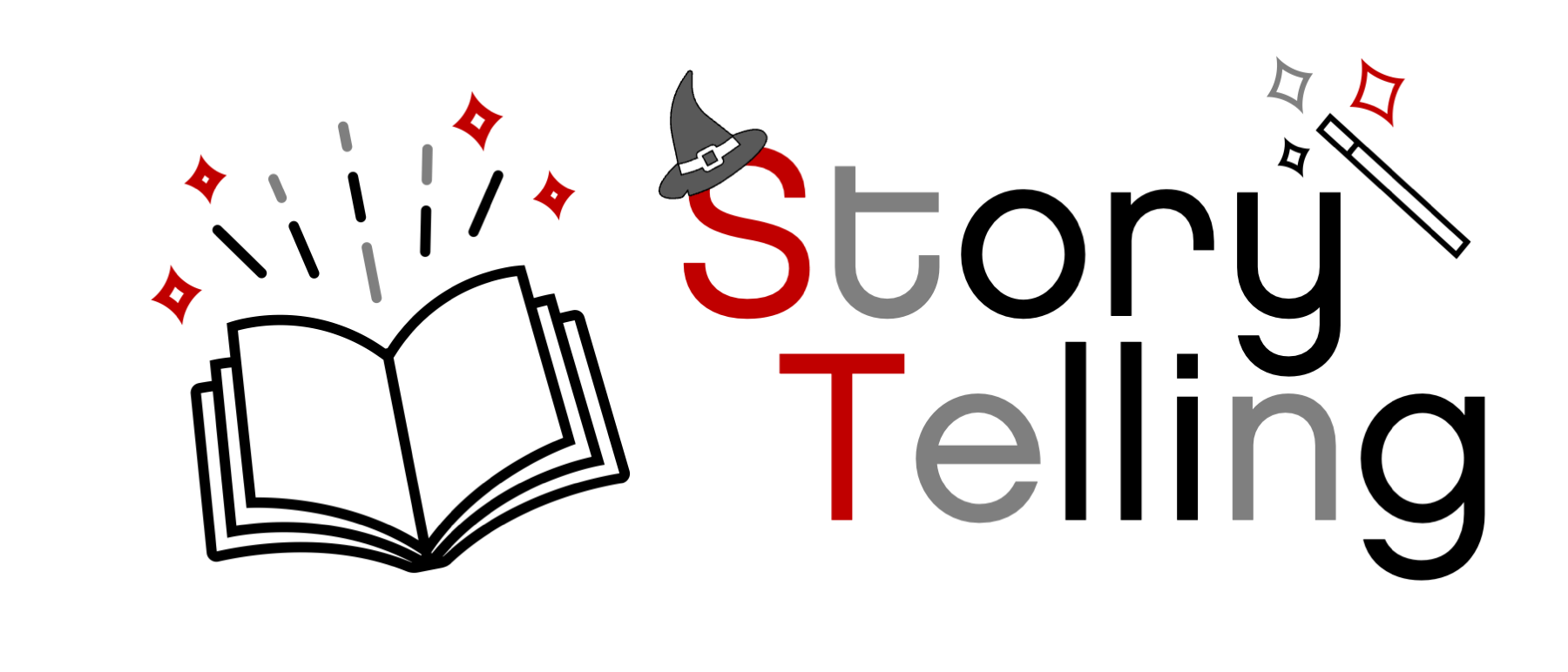0. Your very first invite to speak…

There comes a day in your life when you are asked to present something for the very first time. Chances are you will experience some nerves and you start to wonder where to start and what to do? You might even feel nervous as all these thoughts are racing through your mind!
Don't feel like reading? Check out the video at the bottom of this page!
When I got requested for the first time, I right away noticed that I got nervous and started making excuses to get out of the event I was supposed to speak at. I was thinking about taking holidays exactly on the date of the event or calling in sick in the morning. Off-course, I knew I wouldn’t, this was part of the promotion I just got, and I respected my manager too much to leave him standing like that. I went on and started searching on how to prepare, but it went slow, and I had to redo my preparations constantly! I now know that I made a huge mistake. I ignored the nerves…
These nerves I was experiencing were taking my focus away. They made me aware of the fact that I was the new kid on the block in between all these trained speaking giants and they made me think I was going to fail no matter what! If only I had tackled these first jitters from the start, my preparations would have been so much easier…
Handling those first nerves
If you are experiencing these nerves as well, it is good to know that you are not alone. Research shows that over 75% of people are experiencing nerves, or even fears, when speaking in public. Even the most experienced and professional speakers admit they feel nervous before going on stage.
There are many reasons to feeling nervous and the best thing you can do at this stage, is to recognize these nerves. In fact, it is a good that you are experiencing these. It means you are challenged into doing something you care about. It will put you on top of your game!
If the nerves are not that bad, you could decide to just skip this chapter, but there are a few things that you could do to minimize them. Don’t worry, I won’t go all brain doctor on you, it is simply the search on what it is you are nervous about and ask yourself if it is needed?
From the coaching sessions I have been doing so far, there is a clear top 3 of reasons why people get nervous for, or are afraid of, speaking in public.
- What if I lose my text?
- What if I fall?!
- What if people find me boring?
There are many more reasons, but to keep this book a little bit shorter, lets stick to these three. I want to start with number 2, what if you fall? Well, the simple answer is “Get up!”. Honestly though, how often have you seen a video gone viral about someone who fell on or off stage? I never have seen one of those and never heard about anyone in my surroundings fall on stage. I heard a story once about a more professional speaker who was looking at his slides, took a step back and fell off stage. Luckily it wasn’t a high stage, so it was a rather soft landing, but what he did was insane. He slowly got back on his feet, climbed the stage again… Paused for a second and said, “I can see you better from up here…” and he went on with his story. The audience loved it and rated his performance with a 5 out of 5.
Now this is a great story but again, ask yourself, how often have you seen people falling on or off stage?
If you are experiencing anything like items number 1 and 3, read this book and you will learn how to get control over these kinds of things! To give you a short answer though, having a great story and practicing a lot will help you in remembering your text, but also to captivate your audience! Take them into your experience…
In all honesty, I always forget my lines but because I build my stories in a logical order, it is easy and fast to get back on track. On top of this, I use my slides to build in some reminders for myself just in case I do forget. All of this is also included into this book.
The above is probably not going to take your nerves fully away, something with “easier said than done”, but it might help you in understanding where they come from, channel them into a positive thing, or accept the fact that they are part of the game.
The key to success is your audience.
I mentioned the audience before already and you will read that word many more times in this book and the reason for this is because your audience is the key to your success for multiple reasons.
Many presenters, especially newer ones, really don’t realize that they are on stage to entertain the audience in some form. You are there to inform them about something, teach them something, or to convince them to act on something, not to show how good you are at public speaking. Off-course, this changes when you are an actor or a comedian, but even they are there to entertain the audience.
Another thing to remember is that your audience took time out of their busy schedule to be there, sometimes flew across continents and staying over in hotels. The least that we can do as presenters is to make sure they get something in return.
If you can make sure that your audience gets what they expected or more, they will love you for it and that brings many rewards for you as well. First, all the praises and feedback you will receive afterwards simply work your ego in a positive way. Next, your network will grow. People will share your name and even better, your message. If you have the wish to grow in any industry, getting some stage time and mouth to mouth commercial will get you where you want to be much faster and easier.
The easiest way to really engage your audience is by making sure your story line is good, which can be done by storytelling, something we will cover in a later chapter. A good story can help your audience to feel what you felt, to visualize what you saw and even to smell and taste the same as you did while going through the experience. Just think about the best movies you ever saw, probably you liked it so much because you became part of the story. You might have even cried a bit when your favorite character died…
Again, we will dive deeper into storytelling in a later chapter, but going further in this book, you need to remember that you are doing all of this for your audience.
Getting the right tools for the job
Before starting to prepare for your presentation, you want to make sure you have the right tools for the job. Having these ready will simply take away headaches down the line and lower your stress levels.
Personally, I like to keep it as simple and flexible as possible, and I work both digital as well as old-school analogue. For now, I would suggest to just follow along with my way of doing things to avoid any struggles while trying to find you way. Leave those struggles for next time.
The first thing I use is the “notes” app on my phone. In my case this is Apple Notes. What I like with Apple Notes is that it also synchronizes with my laptop and iPad, and this provides me with quick access to change things while on the road or behind my desk. Alternatives to Apple notes are off-course Evernote, and I am pretty sure that Google will also have some form of notes in their suite.
In some cases, I will go old school and use a simple pen and paper, but this is becoming less often.
The second tool I use a lot is off-course PowerPoint. This is simply the most used software for slideshows, so why not use it. In some cases, I will also use the Apple equivalent (Keynote), but in recent years I started liking PowerPoint better.
The last set of tools are the old school sharpie and post-it notes. A lot of post-it notes, different colors and sizes, each with a purpose. I have tried out many digital versions as well, but when it comes to the creative process, the analogue stuff simply is unbeatable for me.
Where to go next?
With this out of the way, let's start "Gathering the right information"
Check out the video on our YouTube Channel!


